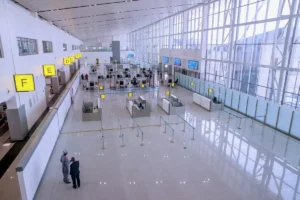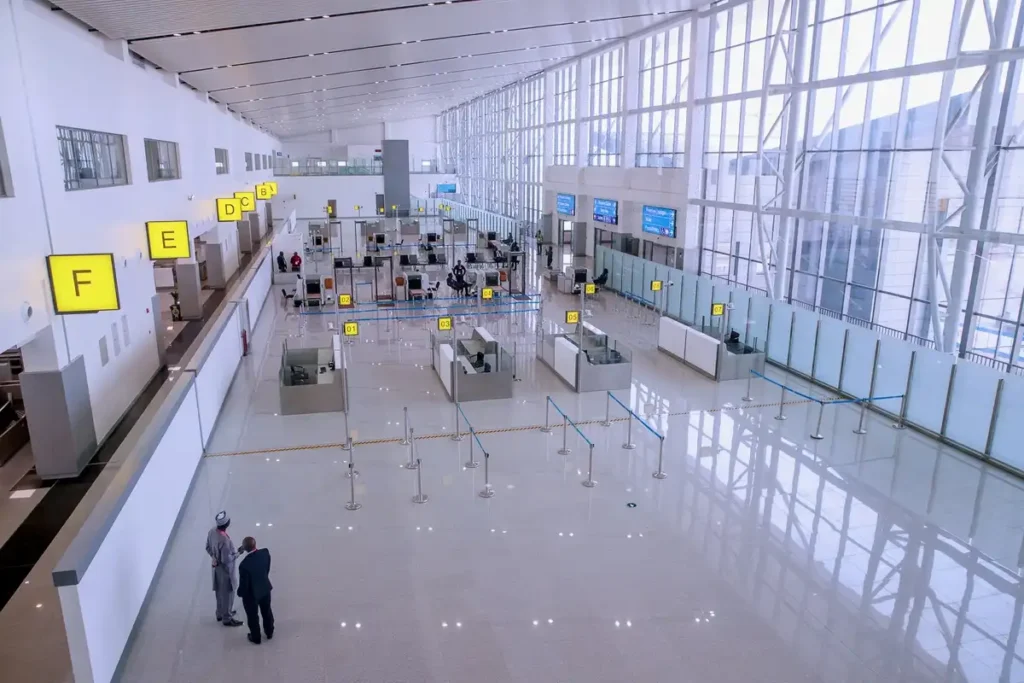In April 2024, Nnamdi Azikiwe International Airport (NAIA) in Abuja embarked on extensive infrastructure upgrades aimed at elevating its status to fully comply with global aviation standards. These improvements include the construction of a new runway and modernization of terminal facilities, positioning the airport as a key aviation hub in West Africa.
Second Runway Construction to Boost Air Traffic Handling
A significant highlight of the upgrade project is the construction of a second runway, backed by a ₦92.12 billion federal government budget. This new runway is expected to be completed within the next 12 months. It will substantially increase the airport’s capacity to handle larger volumes of air traffic, reduce delays, and meet stringent international safety and operational regulations. The project marks a critical milestone in enhancing Nigeria’s aviation infrastructure and accommodating future growth in passenger and cargo flights.
Modernizing Terminal Facilities for Improved Passenger Services
Alongside runway development, NAIA is implementing comprehensive renovations and expansions in its passenger terminals. These upgrades focus on streamlining check-in and security processes, improving passenger comfort, and integrating modern amenities such as upgraded lounges, retail spaces, and advanced baggage handling systems. The terminal modernization will facilitate smoother passenger flow and a better overall travel experience, aligning NAIA with other international airports worldwide.

Certification and Compliance with Global Aviation Authorities
In early 2024, the Nigerian Civil Aviation Authority (NCAA) renewed the Aerodrome Certificates for both Nnamdi Azikiwe International Airport and Lagos’s Murtala Muhammed International Airport. This renewal confirms that these airports meet required international safety and operational standards, reinforcing Nigeria’s commitment to maintaining high aviation benchmarks. The certification assures airlines and passengers alike of the airports’ reliability and safety.
Strategic Impact on Nigeria’s Aviation and Economic Landscape
These infrastructure investments are part of Nigeria’s broader strategic initiative to enhance the aviation sector, promote regional connectivity, and stimulate economic growth. Upgraded airport facilities are expected to attract more international airlines, increase tourism, and facilitate business travel, thereby contributing to Nigeria’s economic diversification goals. Abuja’s NAIA is set to become a more competitive gateway in West Africa, supporting Nigeria’s ambitions to be a key aviation hub on the continent.






